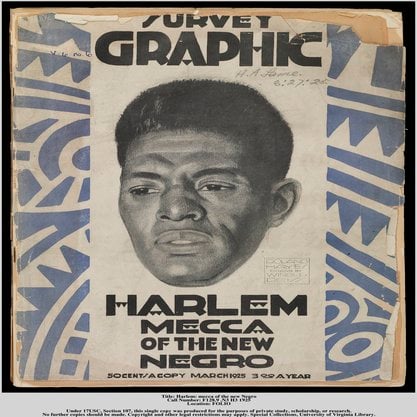Article
West, Nathanael (1903–1940) By Meehan, Adam
Article
Nathanael West was an author and screenwriter whose work spanned the decade of the 1930s. He was born Nathan Weinstein on 17 October 1903 in New York City; his decision to change his name at the age of twenty-two reflects a life-long ambivalence toward his Jewish ancestry. He is best known as a novelist whose work teems with characters suffering from psychological traumas stemming from the bleak atmosphere of Depression-era America. He died tragically and in relative obscurity with his wife Eileen in an automobile accident outside of El Centro, California in 1940.
Miss Lonelyhearts (1933), his second novel, is widely considered his best work. Unlike his first novel, The Dream Life of Balso Snell (1931) — which was influenced by French surrealism and was highly experimental in style — Miss Lonelyhearts is rooted in the everyday challenges of the Great Depression. The title character, whose actual name is never given, works as an advice columnist for a newspaper in New York City. Although he and others see the job as trivial, the desperate letters from readers begin to take a heavy emotional toll, leading him on an ill-fated search for meaning. Although the book’s plot is tragic, it also features elements of black comedy, a pervasive element of West’s work.


